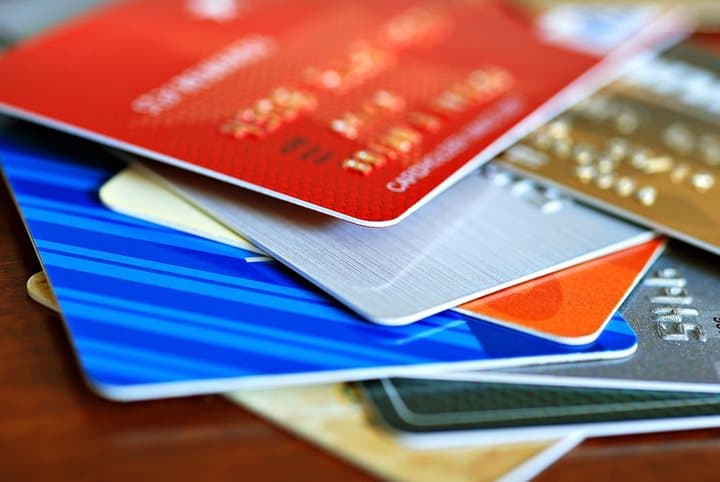Best Credit Cards for First Time Buyers
Credit cards can be a great way to improve your credit score, but how do you know which one to go for?

Credit cards can be a great way to improve your credit score, but how do you know which one to go for?

Compare moving quotes in 4 simple steps